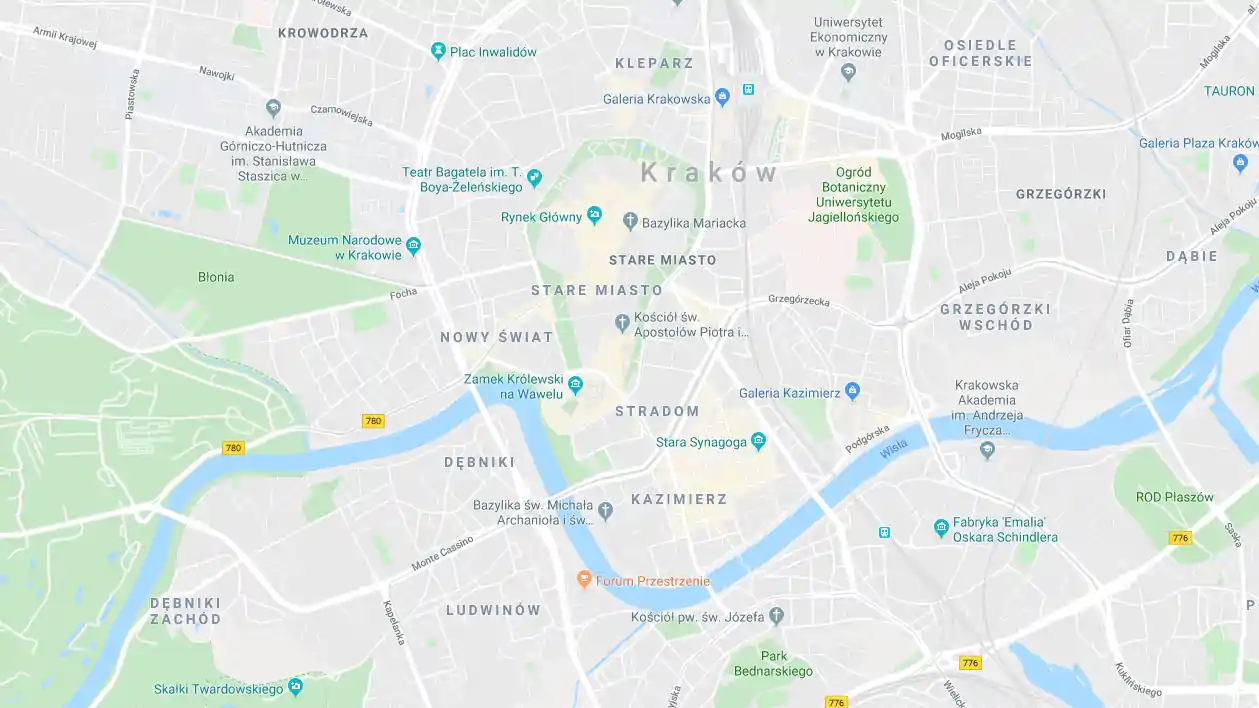Underground Olkusz

Rynek 4, 32-300 Olkusz
Tourist region: Jura Krakowsko-Częstochowska
tel. +48 327065226
tel. +48 327065637
The first part of the exhibition is located in the cellars of the 14th-century town hall, which was once the focal point of Olkusz's Market Square. The cellars, which not long ago were discovered by archaeologists, have been adapted for tours. In these subterranean spaces a few metres below the market square, you can take a look at an exhibition that presents the history of Olkusz, known as the Silver City – due to its silver and lead mining traditions dating back to the Middle Ages. Thanks to numerous multimedia touch screens, we can learn about the history of the city and its inhabitants and view old documents, engravings, and maps. In the vaults you can also see a replica of an astrolabe – an astronomical device that belonged to the famous Olkusz astronomer and astrologer Marcin Bylica. In the former town dungeon, we can watch an animated scene depicting the daily life of the medieval town and see the torture instruments.
The second part of the exhibition was located in the basement of the former Royal Quarter. It was dedicated to Olkusz's mining and smelting traditions and to the mint that operated there between the 16th and 17th centuries. The 3-D model of the former Olkusz mines is a major attraction. There is also a section dedicated to metallurgy, where you can see replicas of the furnaces that were used to smelt lead and silver. In one of the cellar's 'Silver Chamber', you can learn about the history of silver from antiquity to modern times and see a replica of the Silver Cross of the Olkusz Gwarkis, the original of which is in the Olkusz Basilica. Nearly 100,000 historical items, including coins, ceramics, pieces of lead, leather, clothing items and copper weights and ornaments, were acquired during the revitalisation of the Old Town. More than two hundred of the most interesting artefacts have been selected, including 130 coins, some of which can be seen in the underground exhibitions. Among the curiosities presented at the exhibition are, among others, a mould for minting coins, the so-called 'counter' produced in Nuremberg in around the 15th century and used in the Olkusz mint, and a lead seal for textile articles from the turn of the 16th and 17th centuries, which came to Olkusz from as far away as London!




